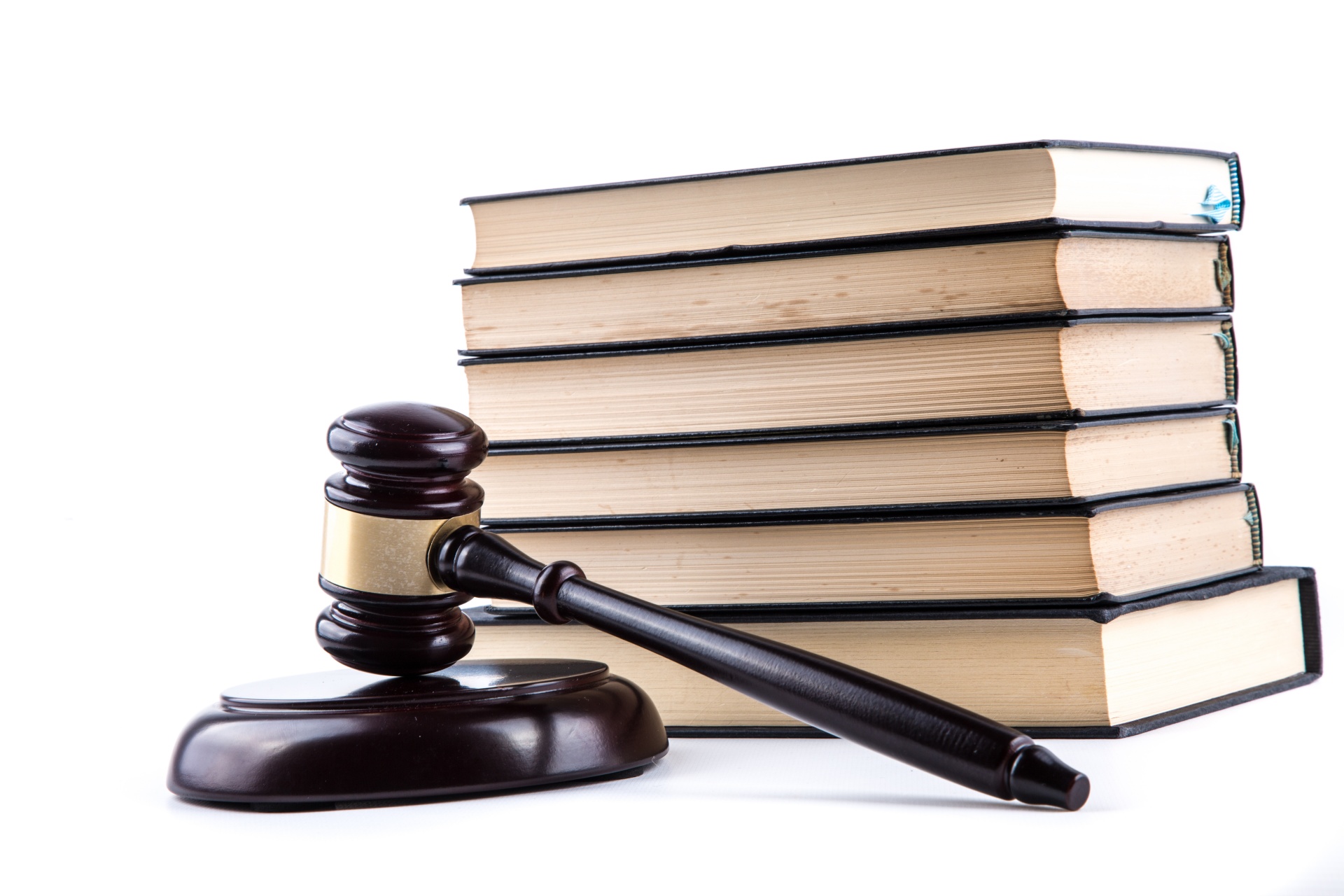
Personal Injury is a legal term that is used to describe certain situations where a person is injured mentally or emotionally, physically or both because of the actions of another party. However the definition includes additional key provision including that the injury must be the result of negligence or deliberate action which than causes harm to the mind, body or emotions of a person.
Personal injury can happen in a variety of situations, and there are many examples. Here are a few:
There are a wide variety of examples of personal injury, but personal injury generally falls under a few broad areas including: defective products, medical malpractice, vehicle accidents, slip or trip and fall, defective products, or assault. Examples include:
- A tenant gets hurt in the building’s elevator that is found to have not been maintained regularly.
- A pedestrian is hit by a motorcycle while walking in a crosswalk.
- A high school student is the tenth person burned by an exploding battery on a cell phone.
- An overworked nurse gives a patient the wrong prescription medicine causing that patient to get very ill.
- A passerby is injured badly when city workers forget to move a ladder off the sidewalk.
- During a home invasion robbery, the robbers shoot the one of the homeowners.
All of these situations require additional information to prove they are personal injury but they each provide the basic circumstances for a personal injury case.
A personal injury lawyer will sit with a victim of these and many other similar circumstances to determine if there is in fact a case for personal injury. The best personal injury lawyers will have a firm grasp of the law that they will utilize to weigh the facts, review the evidence, determine if the criteria has been met for personal injury, and then think through any options that may be available.
The personal injury attorney is interested in determining if the following key criteria has been met in the case:
- Did the person causing the injury have a duty of care, meaning an obligation to the victim to create an environment where his or her injuries should not have happened?
- Did the person causing the injury breach this obligation?
- Did actions taken or not taken by the person cause the injury to the victim?
- Is there a way to assess monetary damages for the injury?
The attorney will use legal guidelines to ascertain whether the criteria in these four areas has been met. Only after these series of events will the attorney begin talking about working with the victim on the case.
Again, personal injury cases will only yield monetary damages and not criminal charges. A criminal case can be filed and conducted alongside a personal injury case and because the burden of proof in personal injury is lower than in a criminal case, it is common for a victim to lose a criminal case but win a personal injury case.